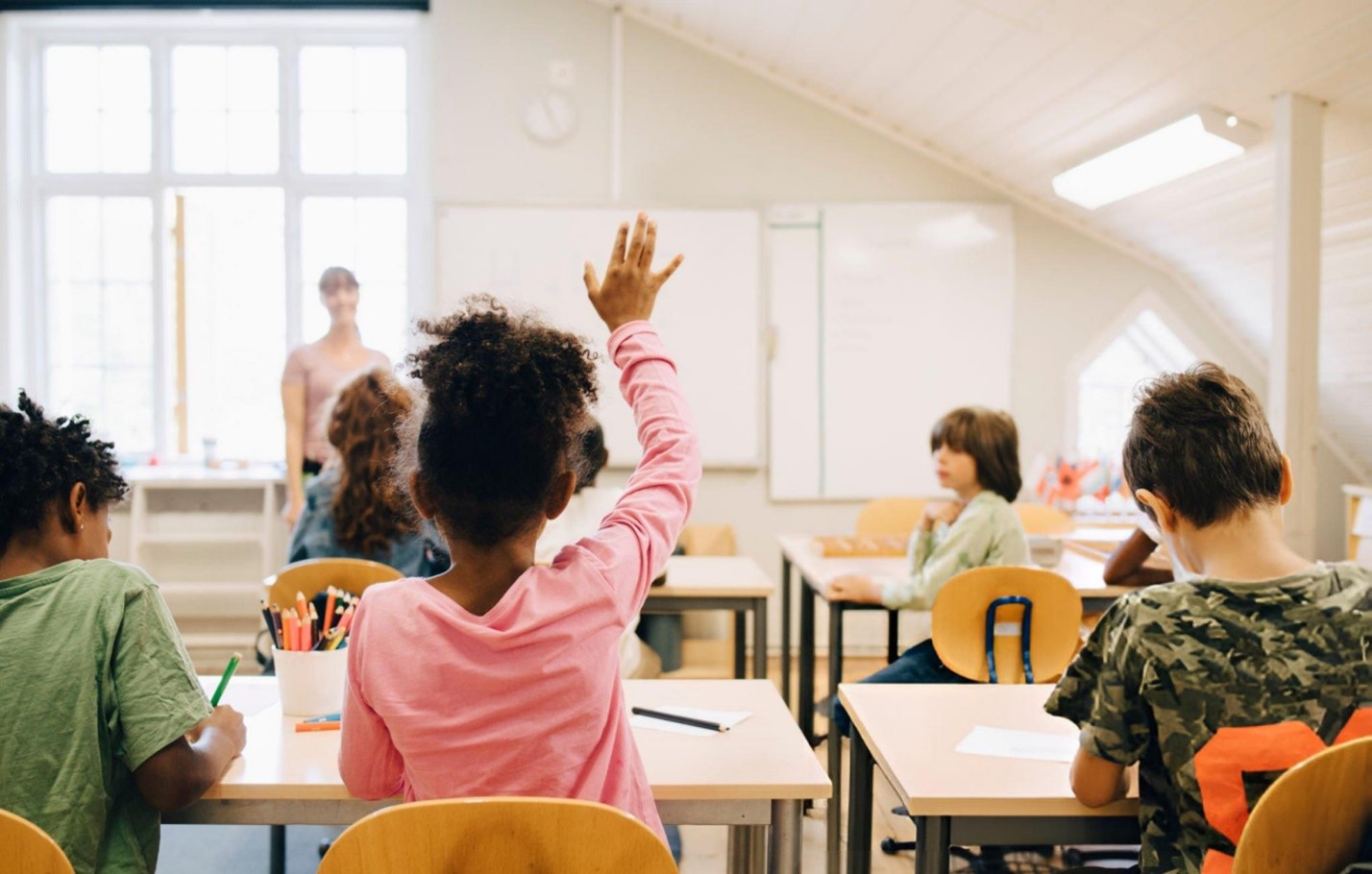In an increasingly distressing reflection of Britain’s cost-of-living crisis, school leaders are revealing how educational institutions across the country are stepping far beyond their traditional roles — funding household essentials such as cookers, beds, and food to support families in poverty. The stark warnings were made at the National Education Union (NEU) annual conference held this week in Harrogate, where educators shared emotional stories of pupils turning up to school hungry, cold, and lacking basic necessities.
Chris Dutton, chair of the NEU’s national leadership council and deputy headteacher of a secondary school in south-west England, told reporters that “a lot of the school budget is now spent on things you wouldn’t usually associate with school spend — things like cookers, microwaves, and even duvets and beds.”
He added: “Families are in poverty and simply cannot afford these items, so schools are left to plug the gap. It’s a heartbreaking decision. We know school budgets are stretched, but no child should be living like this.”
Other school leaders echoed his sentiments, reporting a growing number of children arriving in classrooms without warm clothes, food, or even being toilet trained. Michael Allen, deputy headteacher of a primary school in Wiltshire, said: “Some Reception pupils are coming in anxious, unclean, and without spare clothes. It’s fallen on schools to provide them with essentials and even pay for heating at home.”
Ms Aimee Turner, a primary deputy headteacher, highlighted the hidden toll of what she described as “unseen poverty”. She explained: “Our children are missing out on after-school clubs, sports and arts activities because their parents simply can’t afford them. Meanwhile, schools can no longer afford to subsidise these enriching experiences either.”
The financial strain is evident nationwide, as more pupils are unable to join school trips or take part in extracurricular activities. “We’ve noticed a significant rise in parents who can’t afford school trips,” Mr Dutton said. “Poverty is not just limited to those on free school meals anymore. It’s wider and deeper.”
A recent poll of over 11,600 NEU teacher members across English state schools found that nearly two in five teachers (39%) had observed signs of physical underdevelopment among pupils due to poverty. A staggering 65% had seen children arrive in school wearing damaged or ill-fitting clothing, and 59% reported visible signs of hunger in the classroom.
Figures from the Department for Work and Pensions (DWP), released last month, revealed that 4.45 million children in the UK were living in households classified as being in relative low income (after housing costs) as of March 2024. This represents the highest figure since comparable records began in 2002/03.
Daniel Kebede, general secretary of the NEU, expressed grave concern over the escalating crisis. “It is profoundly worrying that in one of the wealthiest countries in the world, we are relying on schools to pick up the pieces,” he said. “The Government is failing these children. Whether it’s the two-child benefit cap or brutal welfare cuts, the result is more suffering for the vulnerable. We cannot claim to champion ‘high standards’ while child poverty soars.”
In response, a Department for Education (DfE) spokesperson said: “No child should be living in poverty. That is why we’ve taken action through our cross-government child poverty taskforce. We’ve tripled investment in breakfast clubs to over £30 million, launched free meals and childcare in up to 750 schools, and increased the pupil premium to over £3 billion to better support the most disadvantaged children.”
Despite these efforts, education leaders say the measures fall far short of what’s needed. As poverty levels reach record highs, the burden continues to fall on schools — institutions that were never designed to act as welfare agencies. Their message is clear: more must be done, and urgently.






